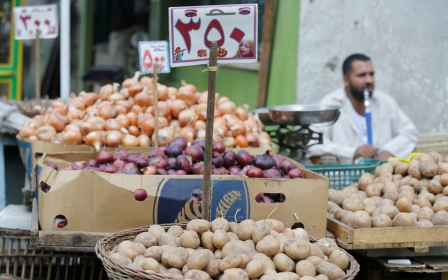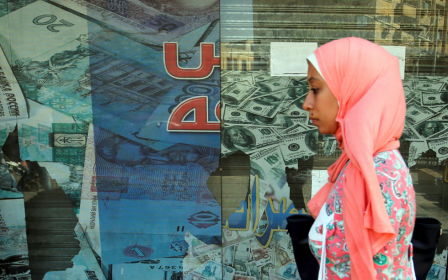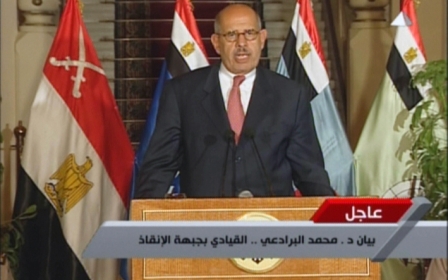Egypt fuel prices to increase after currency devaluation
Fuel prices will increase in Egypt on Friday after the central bank floated the currency to address a dollar crunch that has threatened to cause some imports to grind to a halt.
The oil ministry announced the increases in prices of subsidised petroleum products late on Thursday as part of broader financial reforms.
READ: What's driving Egypt's economic turmoil - and what could happen next
The government of President Abdel Fattah al-Sisi is rolling out an austerity programme and seeking billions in support from abroad in order to meet conditions for a $12bn loan from the International Monetary Fund.
Floating the pound had long been among a list of measures demanded by investors and international creditors, but had been avoided for fear of rising prices provoking unrest.
Lower grade petrol will go up on Friday by almost 50 percent to 2.35 pounds a litre, while higher octane fuel will increase by about one-third to 3.5 pounds per litre, according to an oil ministry statement.
On Thursday, Egypt decided to float its currency, which means the government is no longer controlling the value of the Egyptian pound compared with other currencies. For decades, the Egyptian pound had been pegged to the US dollar, which meant that its value would only go up or down in tandem with the relatively stable greenback. Now its value will fluctuate freely on a daily basis.
The International Monetary Fund, or IMF, welcomed the decision, saying it would "make more foreign exchange available" and "improve Egypt's external competitiveness, support exports and tourism and attract foreign investment".
After the decision, Egypt's pound plunged in value on Thursday, with the dollar trading on official markets at between 13.5 and 14 Egyptian pounds, according to several banks contacted by AFP, up sharply from the previous rate of 8.8.
Thursday's central bank decision came as a surprise after officials said they would only consider flotation once foreign reserves reached $25bn, up from September's $19.6bn.
Egypt has struggled to boost its foreign currency reserves in the political and economic turmoil since the January 2011 uprising that toppled former ruler Hosni Mubarak.
Central bank governor Tarek Amer said on Thursday that the government pledged to continue subsidising food items "to protect the poor from the rise in prices".
This article is available in French on Middle East Eye French edition.
New MEE newsletter: Jerusalem Dispatch
Sign up to get the latest insights and analysis on Israel-Palestine, alongside Turkey Unpacked and other MEE newsletters
Middle East Eye delivers independent and unrivalled coverage and analysis of the Middle East, North Africa and beyond. To learn more about republishing this content and the associated fees, please fill out this form. More about MEE can be found here.




